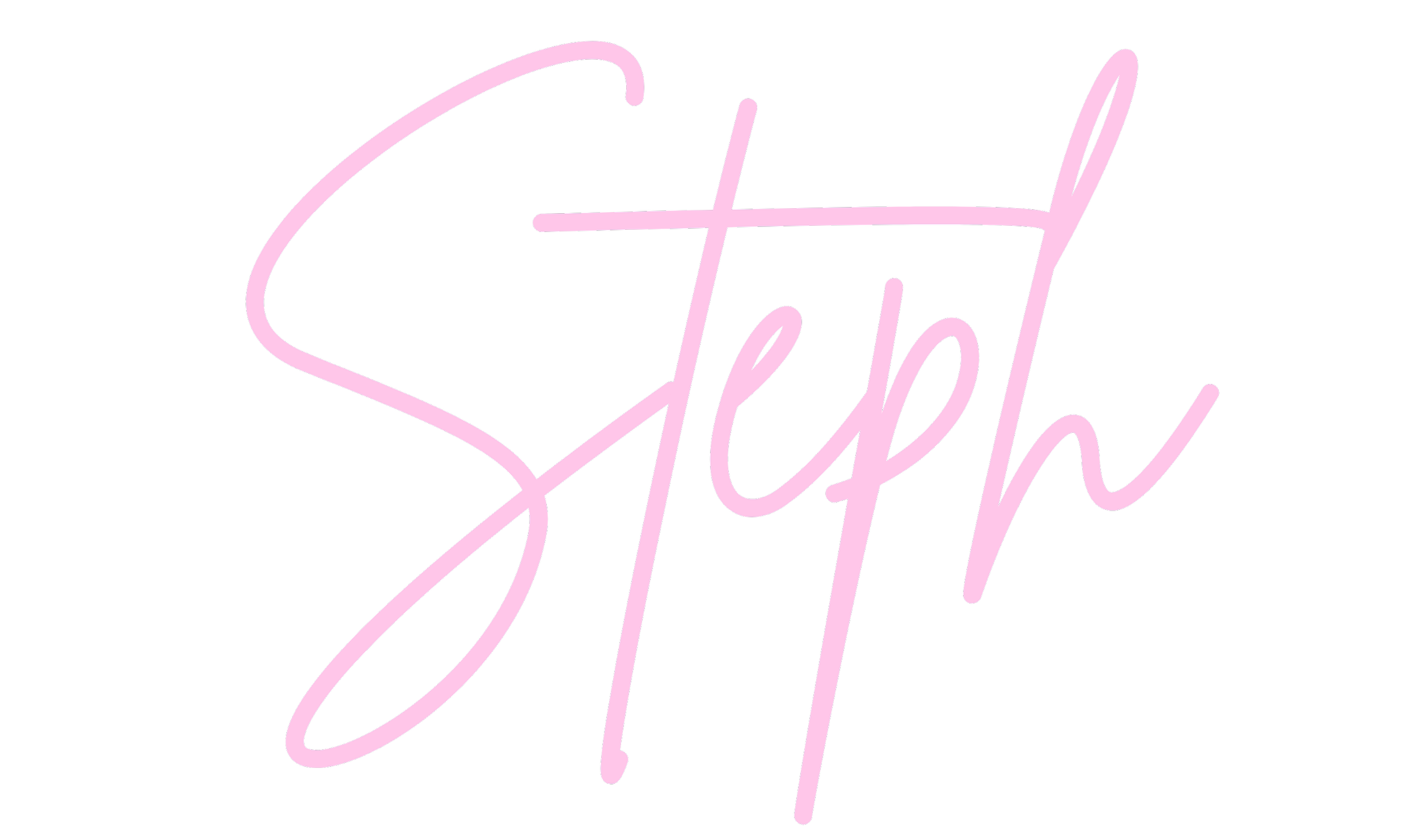SIMPLIFY
Integrate new habits for a healthier lifestyle by ruling out the old, dated tasks.
I had lived like this most of my life. Then, in January of 2021, I decided to change. I had just quit my gym membership sales role and began working as the morning receptionist instead. Meanwhile, working towards getting my personal training qualification. The start time was 5.30am and me not being a morning person meant this was incredibly hard to get out of bed. This negative headspace could go on no longer.
Morning routines of journalling and meditations filled my social feeds. “Who on earth is going to write their deepest feelings this early in the morning?!” I thought. I contemplated other alternatives, BUT I started. I wrote whatever I felt and the words just flowed. The tap had been opened.
I couldn’t have imagined what this habit would do for me later that year. The beginning of April, I caught my husband cheating. It broke me. I had just started my business. I was on my own. Journalling became my best friend, a venting session fuelled by all the emotions arising within. And, you guess it, the words poured out like a waterfall.
Habits don’t just shape our days - they quietly build the foundations for our future selves to thrive on one small choice at a time.
4 years ago, I was sick of struggling to build good habits. I would wake up 15 mins before I had to leave for work, always rushing, head all over the place and 9 times out of 10 in a bad mood. In turn, creating a negative head space for the rest of the day.
So, How Do You Build A Habit?
Understanding a Habit
A habit is a routine or behaviour that you repeat on a regular basis without thought or hesitation. Now these can be considered good or bad. Typically associated with health, success or productivity.
Examples of good habits include: cleaning as you go when cooking dinner, locking your car doors once you get in the car, moderating your phone use and avoiding doom scrolling.
Examples of bad habits include: procrastinating putting petrol in your car and you’re nearly empty, biting your nails, always going to bed late and waking up not feeling like you have had enough sleep.
Now, to understand YOUR habits I want you to write down what you think your good and bad habits are. The habits you want to include in your day and the habits you want to discontinue.
What’s the Difference between Habit, Routine & Ritual
Let me break it down.
Habits: Small individual things you do on a regular basis.
Routine: A sequence of small habits you have stacked together to perform regularly in the same order and/or at the same time.
Ritual: Something you do or say regularly in response to an external stimuli (e.g. place or event) such as a football game, a date, at church or a wedding.
Why do Habits matter?
Let me tell you. They are a big deal in shaping your future self. They are essential in becoming who you want to be. You can keep doing the exact same thing and be in the same place you were the year before. To me, that’s kind of boring. OR, you can keep reassessing your habits and realign them where they need to be.
Habits shape the way we think, feel, act. How we achieve our goals. How we build our skills. How we build our relationships with partners, family and friends. They can shape who we are in a big way. They keep us in check when we don’t feel like doing them.
An essential factor of habit building is discipline. Do not mistake this for motivation. Motivation is only the starting point. If you really want to start that habit, whether that’s getting up early, like myself or something else, its not going to be easy. BUT, it is the discipline that will normalise the motion, action and subsequent habit. Motivation and satisfaction will come as the result, once you’re up and about and doing it.
The first thing you should ask yourself in developing your new habits is, “why do I want to start this habit and is it aligned with my goals?” If you can’t seem to stay with it, it feels like you’re pushing yourself or forced - let alone even starting it, revisit your goals. Have a serious discussion with yourself, and consider, is there another more balanced way of achieving my goal? Sometimes getting clear on the why you’re doing it will either help the discipline or rethink the method of achievement. If you find it’s not what you’re wanting that is ok! There is always another way. Consider an easier, more fun or happier way to achieve the habit or goal and practice discipline with that. Either it is what you really want or are you trying to fit in with society’s way of thinking it needs to be.
How Habits are Formed
Cue – The trigger that begins the habit loop. It could start with a specific location, time or feeling. For example, your alarm clock going off is a cue.
Craving - The disciplined force behind the habit. It’s the desire for change that this particular habit is going to provide. For example, the feeling of getting up early and having time to not rush before heading to work.
Response – This is the ACTUAL habit, where the action takes place. For example, getting up making the coffee and pulling out your journal.
Reward – This is the positive outcome to satisfy the craving and reenforces the behavior. For example, feeling lighter and a clearer mind now that you’re awake, have given yourself time and space to properly wake up and let go of your feelings
Goal Setting
Write down all of your good and bad habits you are aware of. Practice journalling self awareness. Get deep on what you believe you do well, what you would like to improve on, new ideas you would like to implement and how you could achieve these results? Consider it a brainstorming session. Remember to remain positive with a “can do” attitude.
My Advice
Celebrate
One of the most important things when building new habits is to ensure to rest, reflect and celebrate the progress. Being an adult is hard, it’s easy to forget to celebrate the small things. When you do something for your benefit or evolve for the better, being your own cheerleader is important.
Keep it Small
We’ve all heard of the term “baby steps”. It is important to take measurable and achievable steps when embarking on any journey. It is important for your self-esteem. Instead of trying to get up 2 hours earlier, begin with 15 minutes. Starting small will not appear to be grand gestures, however, you are more likely to stick with them and improve.
Enjoy the Process
Try to enjoy the new habit and the journey of creating it. Everyone begins by hating getting up early - especially in winter! Taking steps to make the process as comfortable as possible is highly regarded. Keep your bedroom toasty for the morning. Keep a jumper and trackpants next to your bed for use straight away. Look forward to something you get to do because you are implementing this new habit now - like extra time to enjoy yoga or a cup of tea.
Clear Boundaries
It is helpful and healthy in discipline to consider and be aware of consequences for “bad habits” such as procrastination and prolonged success. For example, if I don’t get up early, I won’t be able to have a clear mind going into work. The consequence is the bad mood and negative impact on my day’s experience.
Accountability Buddy
Telling a family or friend is a great way to hold yourself accountable. That way, they can lovingly check in and receive updates on your progress.
Habit Tracking
Habit tracking is a great way to feel a sense of accomplishment and “tick it off” your to-do list as an achievement. I get a little sad when I don’t get to tick it off my list for the day. So, if you’re a “box ticker” like me, a habit tracker is a great motivation tool.
Plan for Setbacks
This will happen. IT’S OKAY! You are human. A wonderful and capable person. No one is perfect. There is no such thing other than our own expectations. You can and will achieve these habits and goals you have set. It may take a little more time than you had originally thought. Remember, ‘Rome wasn’t build in a day’.






